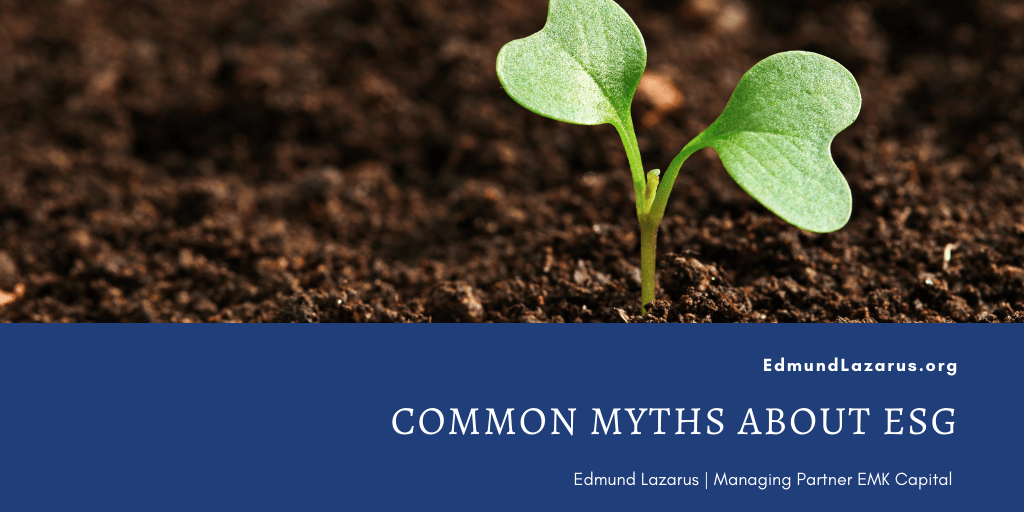2021 is already a record-setting year for ESG investment. In the first quarter of the year alone, investment in ESG (which stands for environmental, social, and governance) outpaced the whole of 2020, which crushed the year before that as well. But despite this historical growth, the CFA Institute still reports that a third of professional investors feel like they don’t know enough to consider ESG issues. To help fix that, we’re going to refute some common myths about ESG.
ESG hurts investment performance
Investing in ESG means putting money into making your company more environmentally friendly, socially beneficial, and governmentally ethical. It costs money to do these things, and many believe that investing in ESG means diverting money from other endeavors, which will hurt its overall performance. But in reality, the opposite is true. Top tier companies who invest in ESG see an earnings growth of 2.89%, and a separate study by CFA Institute shows that 35% of companies invest in ESG for the boost it provides.
Investors talk the talk but don’t walk the walk
In just the five years between 2015 and 2020, ESG assets under management grew twenty-five times, from $6 billion to $150 billion. Today, the top five issues for money managers are climate change, anti-corruption, board issues, sustainable natural resources, and executive pay. Furthermore, over 1500 shareholder resolutions related to ESG matters were filed between 2018-2020. Across the board, investors are placing higher demands on ESG and corporate responsibility.
ESG investing is for the younger generation
Although ESG is indeed more popular among millennials and Gen Z, all generations have expressed at least some interest in ESG investing. The number has only increased between 2015 and 2019, growing from 71% to 85% among the general population. Additionally, ESG disclosures are becoming requirements for key industry participants.
These are just a few of the myths about ESG investments that have been proven false by hard statistics. As you now know, ESG is becoming more and more popular with all generations as people care more about their impact on society and the environment and see the benefits to their bottom line.

